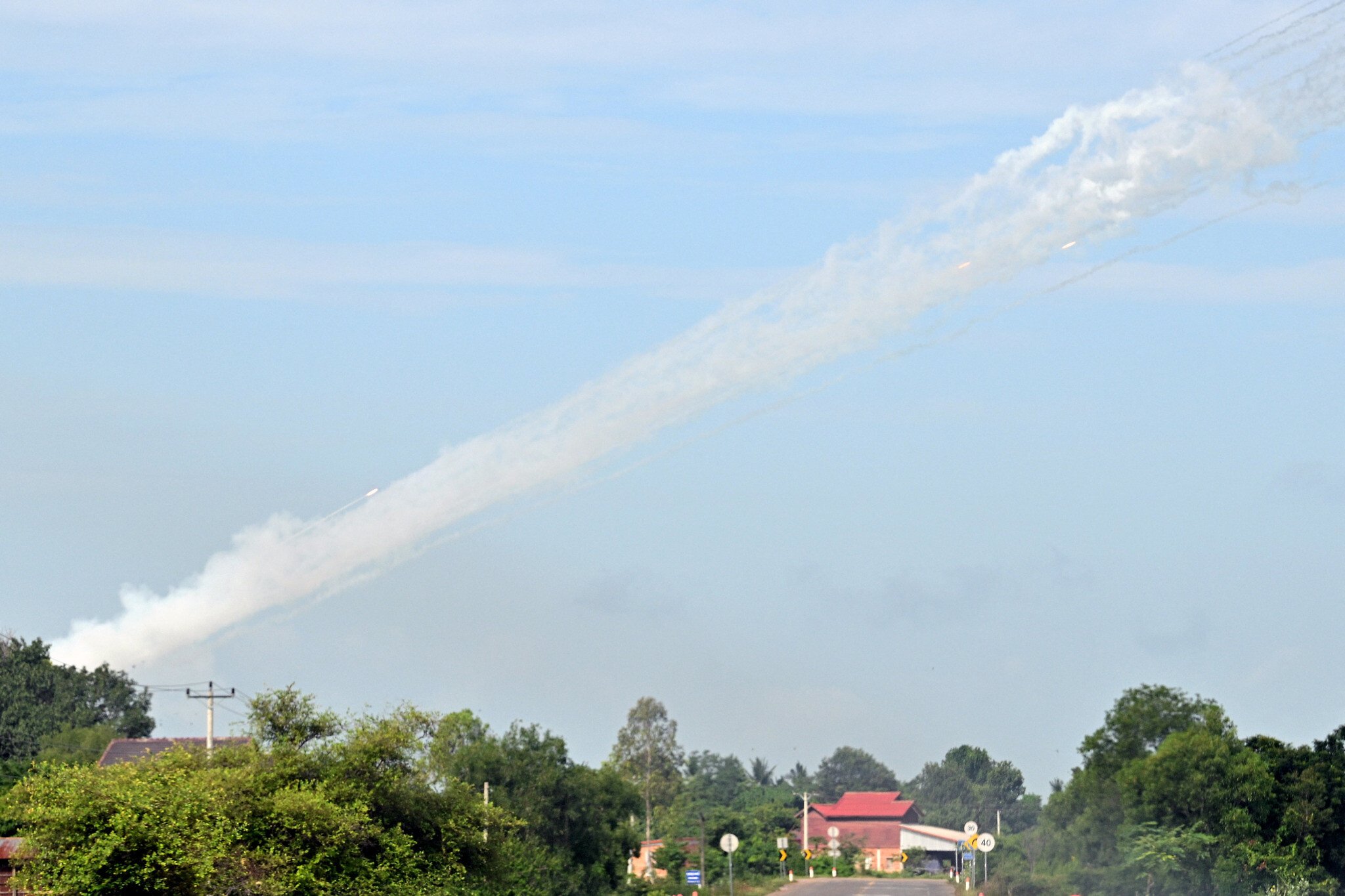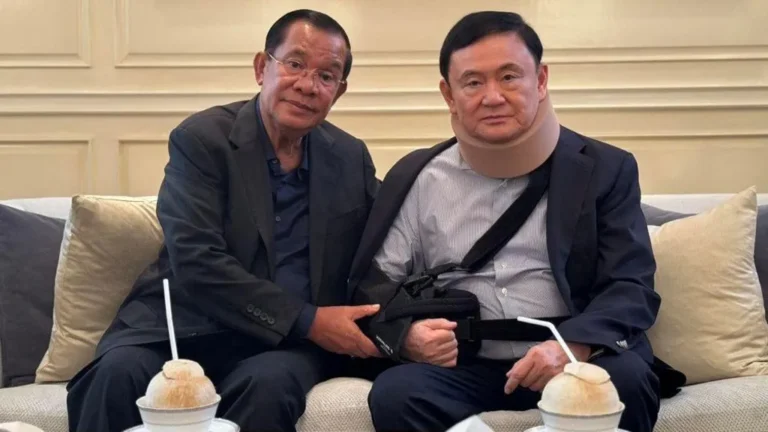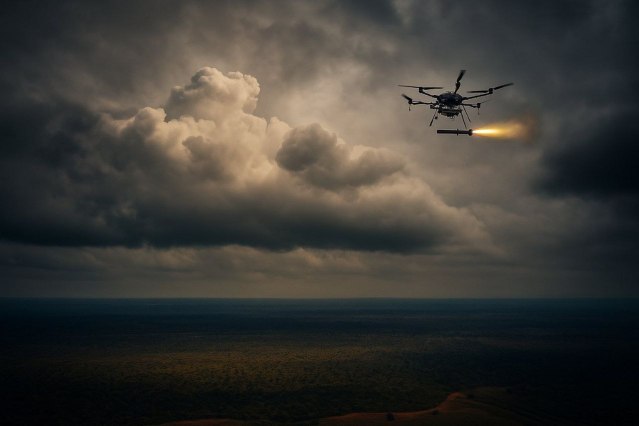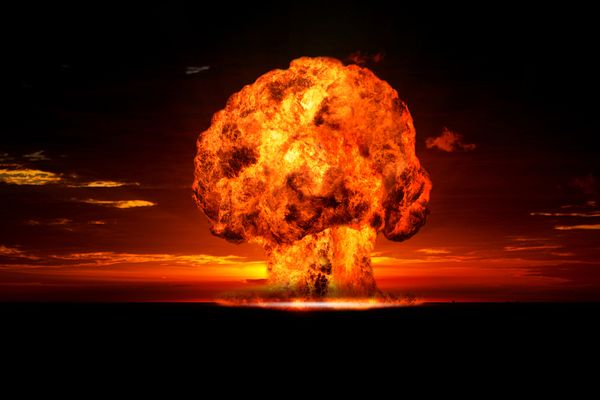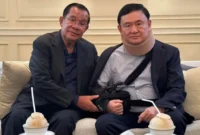Introduction
A long-standing border dispute between Thailand and Cambodia has erupted into its deadliest confrontation in over a decade. As heavy artillery, airstrikes, landmines, and cluster munition allegations fill news headlines, both countries and the international community are racing to contain the situation before it spirals into full-scale war.
Historical Origins & Current Catalyst
The root of the conflict lies in colonial-era borders drawn by France in 1907, which Thailand has never fully recognized. A 1962 ICJ ruling awarded the Preah Vihear temple area to Cambodia—but points of contention persist, especially around Ta Muen Thom and nearby jungle sites.
In May 2025, an exchange at Chong Bok killed a Cambodian soldier. Later that month, Thai soldiers were injured by allegedly newly laid landmines, leading Thailand to restrict crossing points and recall diplomats. Cambodia responded by banning Thai media and produce imports.
A leaked phone recording involving Thai Prime Minister Paetongtarn Shinawatra and former Cambodian PM Hun Sen triggered accusations of personal allegiance overshadowing state interests, deepening bilateral tensions and stoking nationalist sentiment in Thailand.
The Escalation: July Clashes
From July 24–26, 2025, border skirmishes expanded dramatically into 12 flashpoints across the 817 km boundary, with the fighting extending into Trat (Thailand) and Pursat (Cambodia) provinces.
Weapons used included heavy artillery, Grad rockets, F-16 airstrikes, and alleged cluster munitions. Cambodia’s defense ministry accused Thai forces of violating international agreements by using banned weapons in populated areas.
Casualties rose rapidly: Thailand confirmed 14–20 deaths (mostly civilians), while Cambodia reported 13 fatalities (including eight civilians). Over 130,000 civilians have been evacuated on Thailand’s side, while Cambodia has relocated at least 35,000 people.
Leadership & Political Fallout
Acting Thai PM Phumtham Wechayachai warned the conflict “could develop into war” but insisted Bangkok prioritizes sovereignty and remains open to bilateral negotiations. Thailand has refused third-party mediation, preferring direct talks with Cambodia.
Cambodia, led by Prime Minister Hun Manet, has formally called for immediate international mediation. It requested an emergency UN Security Council meeting and emphasized restraint, while demanding honesty from Thailand over ceasefire violations.
Meanwhile, Paetongtarn Shinawatra faces mounting criticism back home after the leaked call undermined her credibility. Observers say her political party remains under pressure from the powerful Thai military and public opinion.
Humanitarian & Diplomatic Fallout
Evacuations have displaced over 130,000 Thai civilians and 35,000 Cambodian civilians. Many are now housed in makeshift shelters, schools, and monasteries near border regions.
Infrastructure damage includes hospitals, petrol stations, and homes reportedly struck by artillery and rockets on both sides. Landmine contamination has further increased risks to civilians.
International Response
The UN Secretary-General has urged both nations to demonstrate restraint. ASEAN, led by Malaysia, called for a ceasefire and offered to mediate—though Thailand has so far declined third-party involvement.
US President Donald Trump weighed in, warning that trade negotiations with both countries would be halted unless hostilities ceased immediately. He compared the standoff to the long-running India–Pakistan conflict, emphasizing the dangers of regional instability.
Conclusion
This July 2025 crisis marks the worst Thailand–Cambodia fighting in over a decade, rooted in historical border ambiguity and aggravated by personal political rivalries. Despite both countries’ simultaneous calls for dialogue, violence continues unabated. As ASEAN, the UN, and global actors intensify diplomatic engagement—and economic threats surface—the potential for de-escalation hinges on mutual willingness to face decades-old tensions with pragmatism and resolve.












